The quest to understand life beyond Earth has led scientists to explore the potential of bacteria engineered to survive Mars-like conditions. Recent studies have provided groundbreaking insights into how certain microbes could adapt and thrive in the harsh environment of Mars, paving the way for future space missions and extraterrestrial colonization.
Understanding Mars-Like Conditions
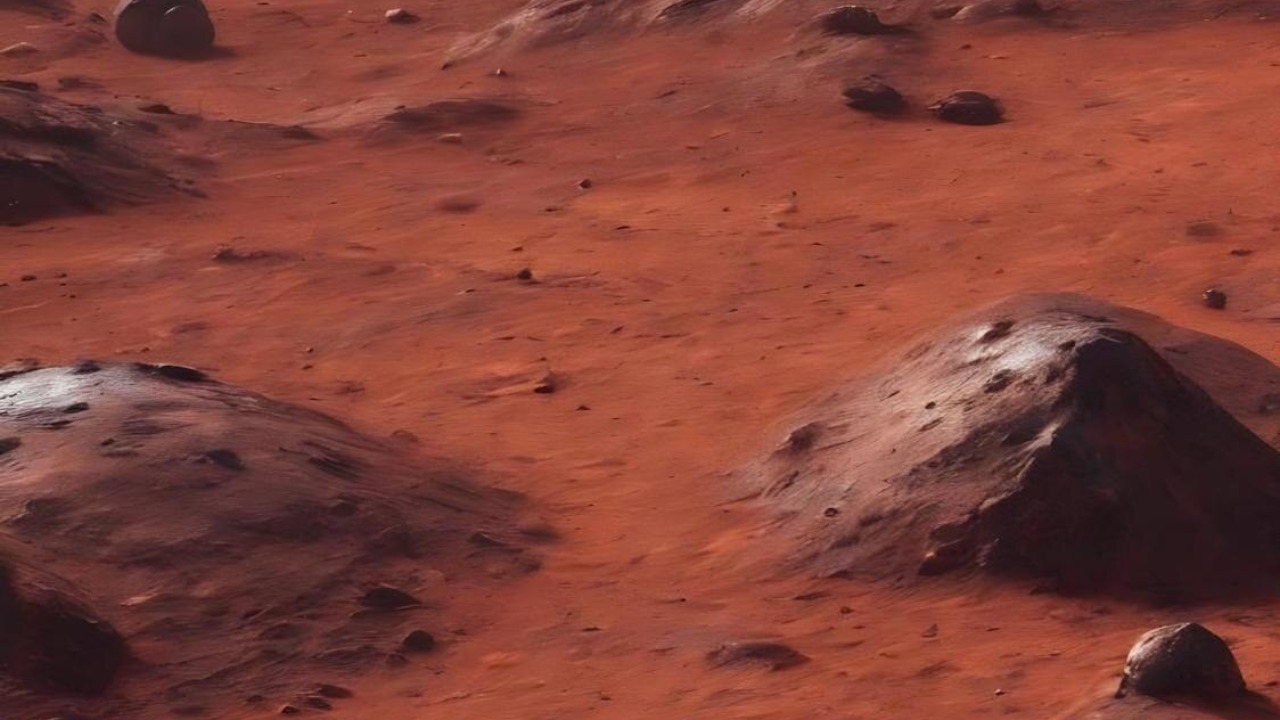
Mars presents a unique set of environmental challenges that make it inhospitable for most Earth life forms. The Red Planet is characterized by extreme temperatures, with daytime highs barely reaching above freezing and nighttime temperatures dropping sharply. Additionally, radiation levels on Mars are significantly higher than on Earth due to its thin atmosphere, which offers little protection from cosmic rays. The lack of a substantial atmosphere also means that liquid water is rare, and any exposed water quickly evaporates or freezes. These harsh conditions are similar to some of Earth’s extremophile habitats, where microorganisms have adapted to survive in environments such as deep-sea hydrothermal vents and polar ice caps.
To study how life might endure on Mars, scientists have developed various ways to simulate Martian conditions on Earth. Laboratories are equipped with simulation chambers that replicate the planet’s temperature fluctuations, radiation exposure, and atmospheric composition. Additionally, several analogue sites on Earth, such as the Atacama Desert in Chile and the dry valleys of Antarctica, provide natural settings that mimic certain Mars-like conditions. These locations serve as vital testing grounds for assessing the survival strategies of both natural and engineered microbes.
The Science of Engineered Bacteria
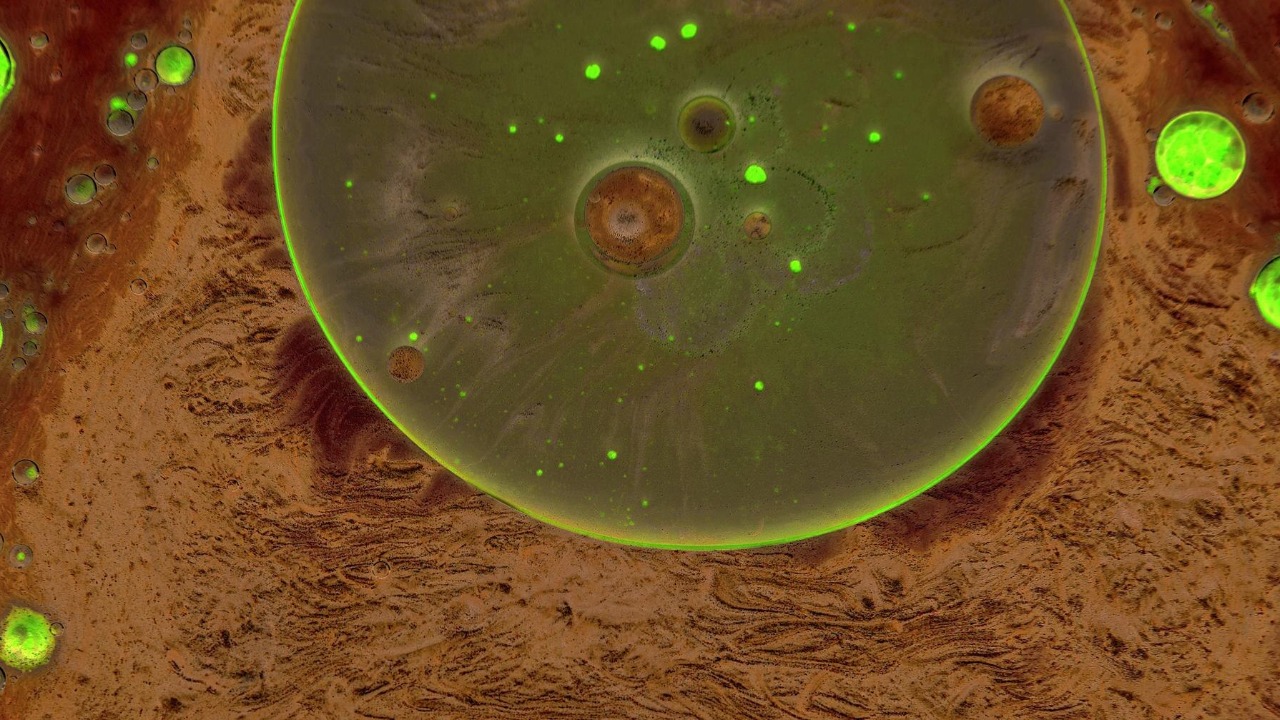
Advancements in genetic engineering have enabled scientists to create bacteria that can potentially withstand the extreme conditions of Mars. By introducing specific genetic adaptations, researchers are enhancing microbes’ resilience against harsh temperatures and high radiation levels. Synthetic biology plays a crucial role in this process, allowing for the design of microbial strains with specific traits tailored to survive and even flourish in Martian environments.
Engineered bacteria utilize various survival mechanisms to resist the challenges posed by Mars-like conditions. These include structural changes to their cellular membranes, which help protect against extreme temperatures, and the production of pigments or proteins that can absorb and repair radiation damage. On a metabolic level, these microbes have been modified to efficiently use limited resources, such as extracting energy from available chemicals or recycling waste products. The ability to adapt their metabolism is vital for sustaining life in an environment with scarce nutrients.
Implications for Space Exploration
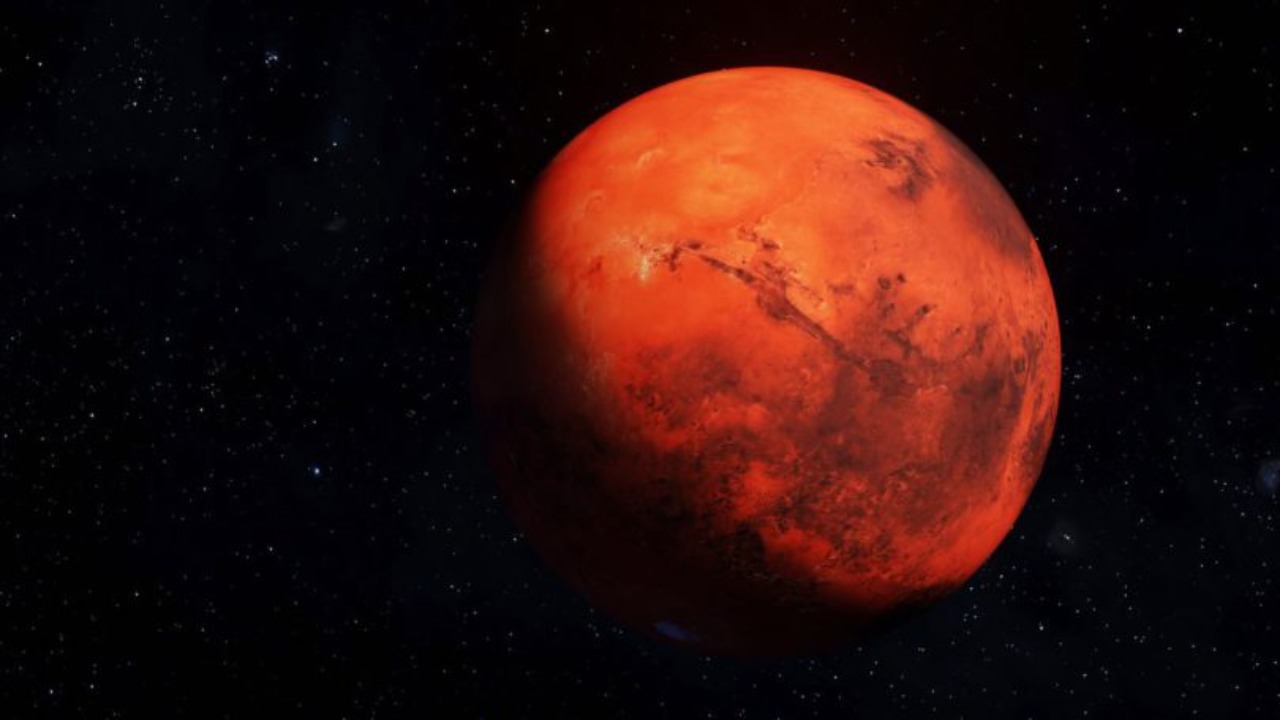
The development of bacteria capable of surviving Mars-like conditions has significant implications for space exploration, particularly in designing bioregenerative life support systems. Such systems could rely on engineered microbes to perform essential functions, like producing oxygen through photosynthesis or recycling carbon dioxide and organic waste. This capability would be crucial for supporting long-duration space missions, reducing the need to transport vast amounts of resources from Earth.
While harnessing these bacteria for space exploration offers exciting possibilities, it also raises concerns about planetary protection and ethical considerations. Strict protocols are necessary to prevent contamination of Mars with Earth-origin life forms, which could interfere with the search for indigenous Martian life. Moreover, the ethical implications of introducing genetically engineered organisms to another planet must be carefully weighed, considering the potential impacts on Mars’s ecosystem, should one exist.
Impact on Human Health and Safety
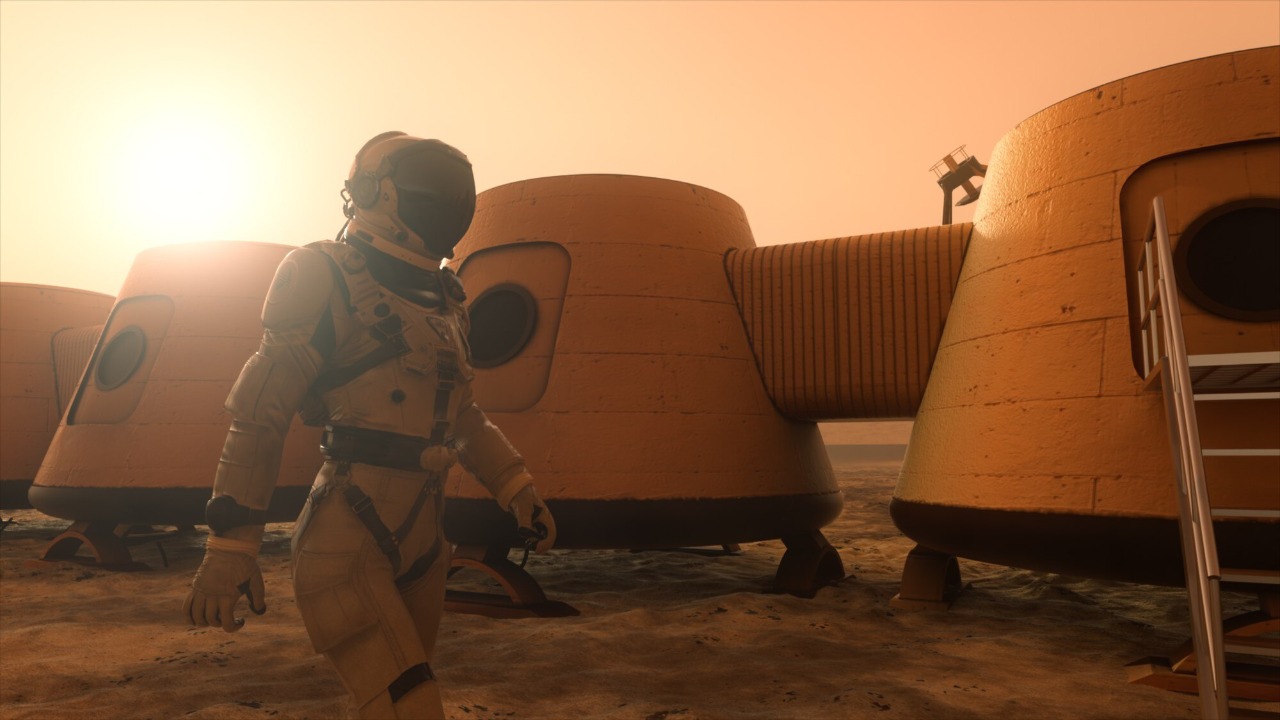
Understanding how bacteria engineered to survive Mars-like conditions interact with human health is crucial for the safety of astronauts. Studies are ongoing to determine the effects of such microbes on the human immune system, especially when exposed to the unique challenges of space travel. For instance, research has shown that space conditions can alter immune responses, potentially increasing susceptibility to infections or immune-related conditions.
To mitigate risks, safety protocols are being developed to ensure the controlled use of engineered bacteria in space missions. These measures include rigorous testing of microbial strains for pathogenicity, genetic stability, and potential interactions with human biology. Ongoing research aims to refine these protocols and address any unforeseen health risks associated with extraterrestrial microbial exposure, ultimately ensuring the safety and well-being of astronauts on future missions.
Future Directions and Research Opportunities
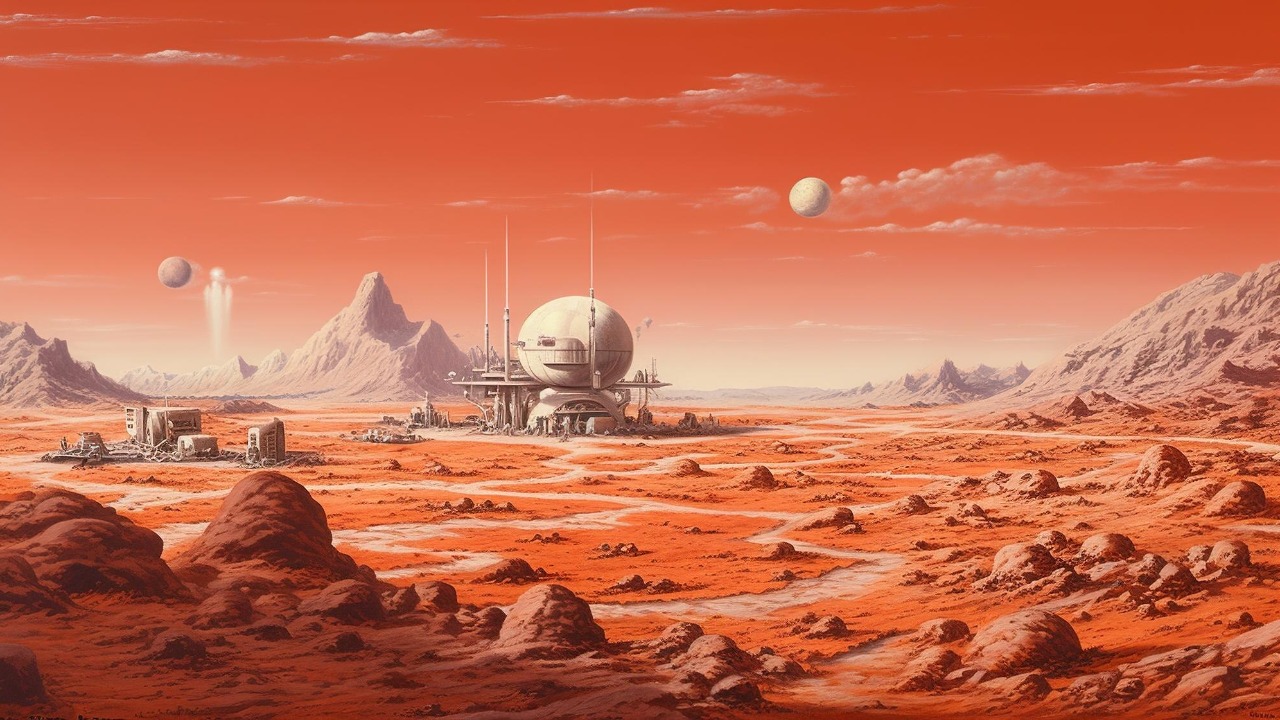
The field of synthetic biology continues to advance, opening up new research opportunities to enhance bacterial resilience for space applications. Future efforts will likely focus on developing microbes with even greater adaptability, possibly using machine learning and artificial intelligence to design optimal genetic modifications. These advancements could lead to breakthroughs in our understanding of life’s adaptability, providing insights into the fundamental limits of life as we know it.
International collaborations play a vital role in advancing research on bacteria engineered for Mars-like conditions. Notable partnerships, such as those between NASA and the European Space Agency, highlight the importance of shared knowledge and resources in tackling the challenges of space exploration. By fostering global cooperation, we can accelerate progress in understanding how life might thrive beyond Earth and explore the potential for human colonization of other planets.